Sport
Months of food and medical supply restrictions by Israel have pushed Gaza into a severe famine, causing widespread suffering and risking the lives of millions of Palestinians.
Hunger is no longer a threat knocking on doors in Gaza — it lives inside homes, gnawing at bones, stealing sleep and silencing dreams.
On the pavements of Khan Younis and Rafah in southern Gaza, Palestinians are collapsing under the weight of empty stomachs as the world no longer listens.
A woman in her 50s fell to the ground. Her frail body was unable to carry the burden of starvation.
“She was walking slowly, barely holding herself up,” said Kholoud al Arqan, who saw what happened. “Then she collapsed. People rushed to help, splashing water on her face. She hadn’t eaten in days.”
The woman later whispered: “I just wanted a piece of bread for my children.”
Since March, Gaza has sunk into what health officials now call a “real famine.”
With Israel’s closure of all crossings, no flour, baby formula or medical aid has entered the enclave for more than four months. Bread, once a daily staple, is now a whispered hope — traded in black markets at prices no family can afford.
Hospitals across Gaza report unprecedented numbers of people fainting in the streets from exhaustion and malnutrition.
“There’s no strength left in these bodies,” according to Gaza’s Health Ministry. “Hundreds face death simply because their bodies can no longer resist the hunger.”
At least 69 children have died of malnutrition since October, with famine-related deaths reaching 620, said Gaza’s Government Media Office.
Another 650,000 children under the age of 5 are at severe risk, along with tens of thousands of pregnant women who lack food and prenatal care.
Ahmed Abu Nada, 35, said: “We’re not looking for food anymore. We’re searching for survival. We dream of bread. Even that’s no longer real.”
He added: “Gaza’s 2.4 million people are not living. We’re enduring.”
A loaf of bread
Palestinians have taken to social media to share the anguish.
Dr Munir Al-Bursh, director general of Gaza’s Health Ministry, wrote: “In Gaza, food is no longer a right. It’s an unfulfilled wish whispered by mothers at night and drawn in the eyes of hungry children who sleep hugging air instead of milk. Bread has become a lost treasure.”
He added: “Hunger no longer knocks — it settles in our homes, ageing our souls and grinding our dignity under the weight of global silence.”
From journalists to teachers, users from Gaza echo the same pain.
“There’s no talk of war anymore,” wrote educator Mahmoud Assaf. “Only hunger. That’s the headline of every conversation.”
“Lend me your patience,” he wrote in another post. “How do I sleep while my children cry from hunger?”
Journalist Mohammed Hania posted: “Good morning from Gaza, starved to the bone. No bread this morning, not even a bite to ease last night’s hunger. We slept hungry. We woke up hungrier.”
Academic Abdel Fattah Abed Rabbo added: “Hunger isn’t just an ache in the stomach — it’s a fracture in the soul.”
Political analyst Mustafa Ibrahim wrote: “The world is tired of hearing about Gaza. Israel’s crimes continue, but silence has become a weapon. Can’t you hear the screams of the starving?”
A siege of hunger
Since March 2, Israel has enforced a total blockade on Gaza, barring entry of food, medicine and humanitarian aid. Aid agencies have repeatedly warned of a man-made famine, with no sign of easing.
Rejecting international calls for a ceasefire, the Israeli army has pursued a brutal offensive on Gaza since Oct. 7, 2023, killing nearly 59,000 Palestinians, most of them women and children. The relentless bombardment has destroyed the enclave and led to food shortages and a spread of disease.
Comments
No comments Yet








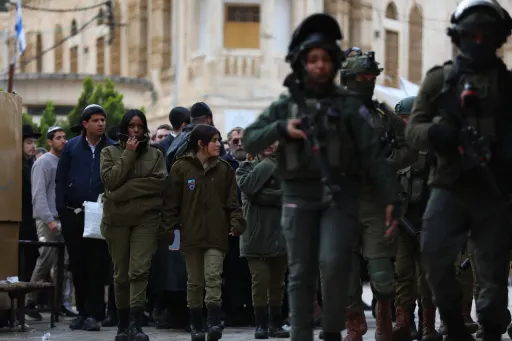
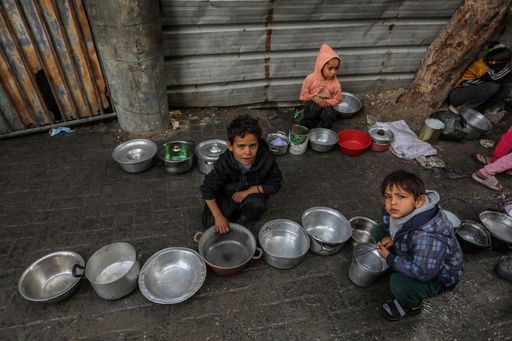

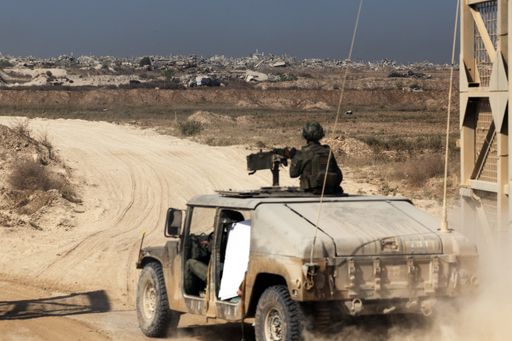




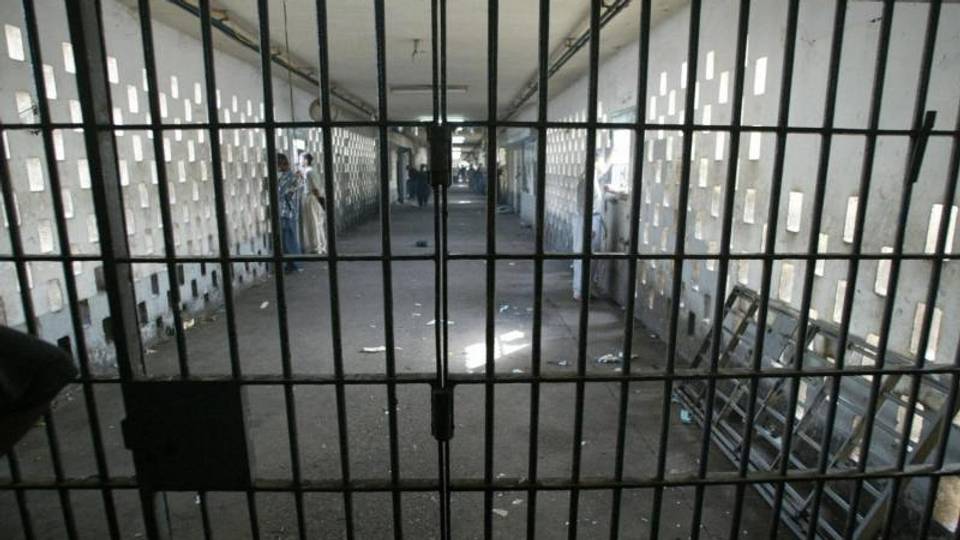
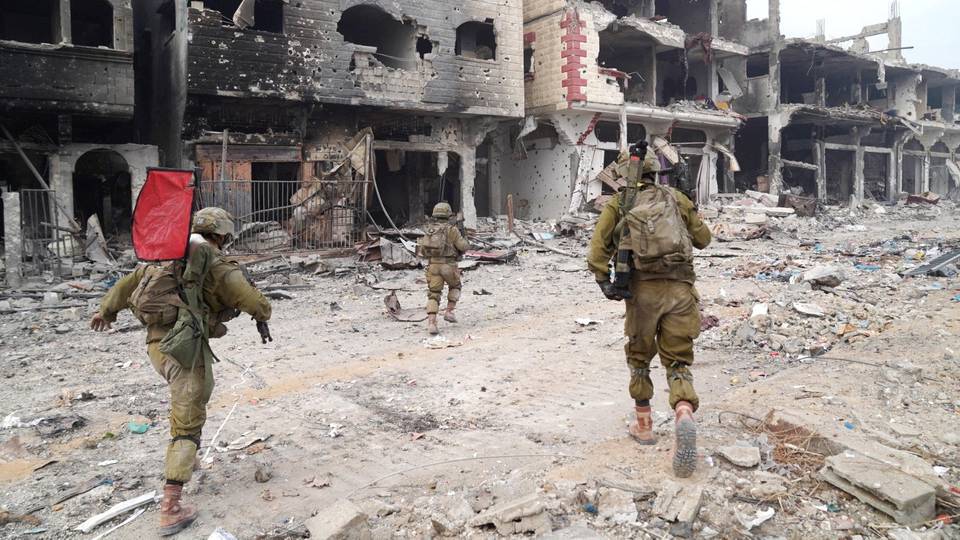


Comment